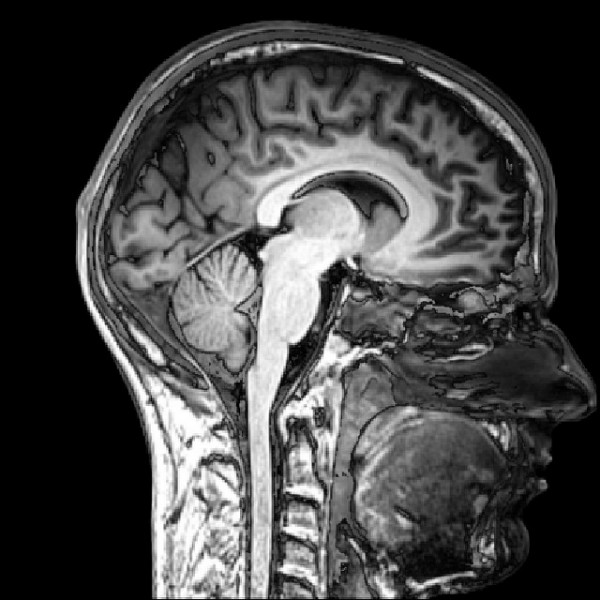Type 2 Diabetes Reduces Brain Size

People with type two diabetes have been found to lose more brain volume over time than is normally seen in aging adults, according to a recent study.
As a person ages, he or she will naturally lose some brain volume, effectively "shrinking" the brain with age-related cell degradation.
However, a study recently published in Radiology shows that people with type two diabetes may experience faster and more noticeable brain shrinkage than your average person, resulting in increased risks for stroke and dementia.
According to the authors of the study, an increased risk of stroke and dementia has long been associated with type two diabetes. However, for nearly as long, these risk factors were associated with the damaging effects of diabetes on tiny blood vessels in the brain.
Now, researchers from the University of Pennsylvania's Perleman School of Medicine in Philadelphia argue that increased brain shrinkage in type two diabetics may be the primarily cause of these risks. They go on to suggest that the brain shrinkage itself may not even be related to the effects diabetes has on blood vessels, and rather linked to how sugar is used by the brain.
According to the study, researchers took MRI scans of 614 people who have had type two diabetes for about ten years.
In their assessment of these scans, the researchers found that the longer a patient had diabetes, the faster they lost brain volume as they aged. Compared to standard brain average loss of a non-diabetic, the all type two diabetics involved in the study showed brains that looked at least two years older.
Of course, the study only found an association between type two diabetes, and did not establish a cause-and-effect relationship. Still, the authors of the study suggest that the increased rate of brain atrophy as a diabetic ages may have something to do with how the brain handles excess sugar, where chronic high levels of insulin may be directly toxic to again brain cells which are already degrading faster than new cells can be made -- a standard part of ageing.
The study was published in Radiology for early online publication of April 28.
Apr 29, 2014 04:44 PM EDT





